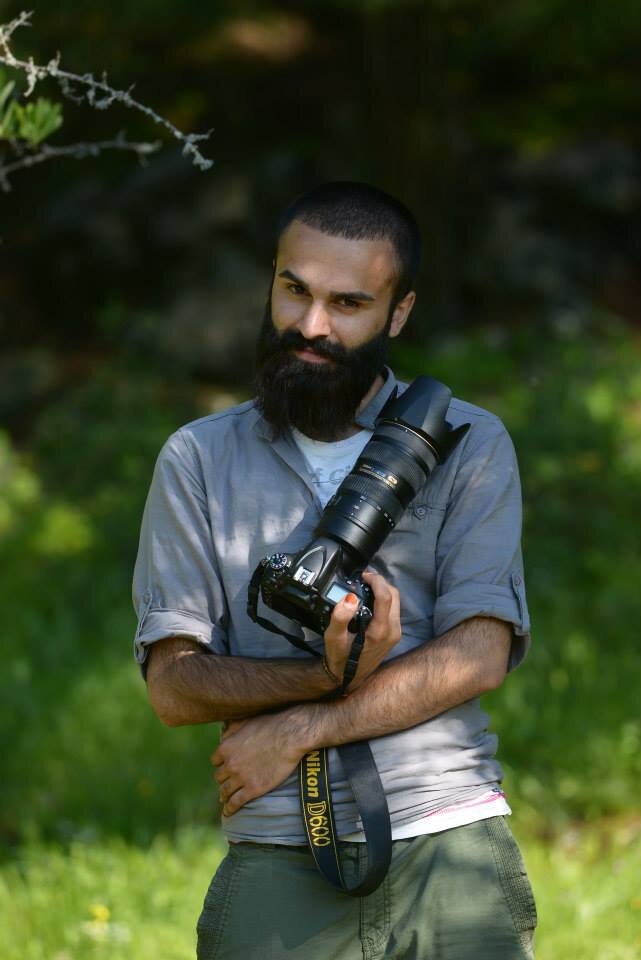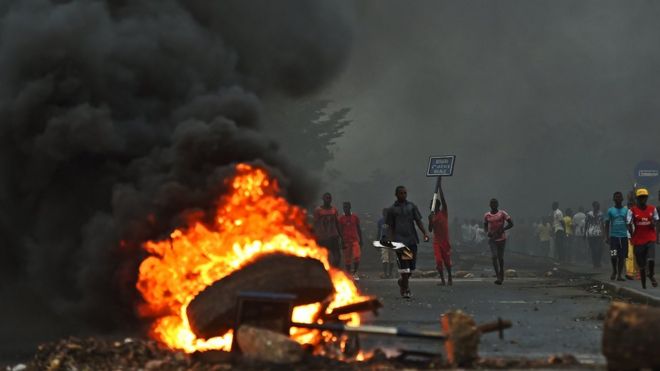Matthew Sneed
Impunity Watch Reporter, The Middle East
RIYADH, Saudi Arabia – On September 20, Saudi Arabian officials announced that the kingdom was lifting its ban on video calling apps such as Skype and WhatsApp. Apps such as these were previously banned under the country’s Voice Over Internet Protocol (VOIP), when the government argued that it was trying to “protect society from any negative aspects that could harm the public interest.”

The decision is motivated by Saudi Arabia’s economic interests as the look to expand their revenue sources. While the countries financial strength lies in oil, it hopes the removal of the ban will spark technology entrepreneurship in the region. The nation’s Information Ministry supported the decision and stated, “Digital transformation is one of the key kick starters for the Saudi economy, as it will incentivize the growth of internet-based businesses, especially in the media and entertainment industries.”
The goal to promote long term development may damage local companies in the telecommunications industry. Saudi Telecom, Etihad Etisalat, and Zain Saudi, the three main telecom operators in Saudi Arabia, will likely see a decrease in their revenue from phone calls and texts made by the millions of expatriates in the country. Ghanem Nuseibeh, the founder of the Cornerstone Global Associates management consultancy stated, “Any phone company would rather have people using their telephone lines but this is an important message from the Saudi government that they have to move into the 21st century and not be left behind.”
Prior to its removal, Saudi citizens used virtual private networks (VPNs) to get around the ban. The VPNs tricked the computer into thinking it was someplace else so that it could access the apps banned by the nation’s internet laws. Many are happy this method is no longer needed. One anonymous international student was happy she could now easily talk to those outside the country, “It feels like we can communicate with the outside world,” because “Sometimes it felt like we had no connection here.” The ban was supposed to be officially lifted at midnight on September 21, but some citizens claim they could already access the apps on the mobile devices prior to that date.
The government still imposes tight regulations over other aspects of the internet. Websites that feature gambling, pornography, or that are critical of government actions remain banned. The country often still appears on “internet enemies”, the list compiled by Reporters Without Borders names countries who restrict internet access.
For more information please see:
BBC – Saudi Arabia to lift ban on internet calls – 20, Sept. 2017
The Telegraph – Saudi Arabia lifts ban on skype and whatsApp voice calls – 20, Sept. 2017
Independent – Saudi Arabia set to lift ban on video calling apps Skype and WhatsApp – 20, Sept. 2017
Reuters – Saudi Arabia to lift ban on internet calls – 20, Sept. 2017



